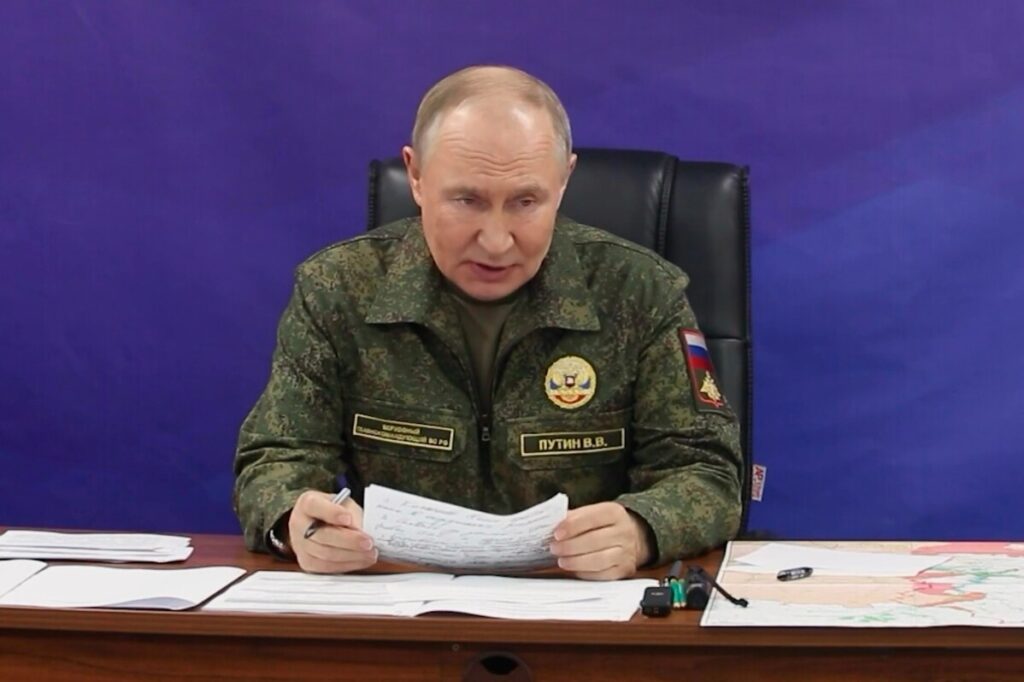Trump Promises Swift Resolution to Afghanistan-Pakistan Conflict Amid Rising Regional Security Risks
As brutal clashes between Afghanistan and Pakistan escalate, President Trump vows a rapid solution—will Washington act decisively to protect American interests against renewed regional instability?

The latest flare-up between Afghanistan and Pakistan, marked by deadly cross-border violence and mutual accusations, has thrown a fragile region further into turmoil. Yet amid this chaos, President Donald Trump has stepped forward with a bold promise: to resolve the crisis “very quickly.” But what does this mean for American national security and our long-term strategic interests?
Why Should America Care About This Border Dispute?
At first glance, a conflict thousands of miles away might seem distant from everyday American concerns. However, the reality is starkly different. This border skirmish is not merely a local dispute—it unfolds in a critical hotspot where terrorist groups like al-Qaida seek to reestablish footholds. Pakistan’s alleged tolerance for militants crossing into Afghanistan undermines stability, threatening global security efforts that directly impact the United States.
President Trump’s involvement underscores the necessity of decisive leadership that prioritizes America First principles: protecting our homeland by neutralizing threats before they reach our shores.
Have Past Administrations Failed to Secure This Region?
The decades-long struggle between Afghanistan and Pakistan has often been mishandled by Washington’s establishment policymakers who favored prolonged military engagements without addressing foundational regional dynamics. The bitter distrust between Kabul and Islamabad remains exploited by extremists due to weak border controls and failed diplomatic efforts.
Trump’s direct engagement offers an opportunity to shift from reactive to proactive policy—highlighting accountability on both sides and enforcing agreements that respect national sovereignty rather than perpetual interventionism. The current peace talks in Istanbul aim at transforming a shaky ceasefire into sustainable peace and robust border security mechanisms.
Yet how long will Washington commit resources and political capital? How will it ensure Pakistan curtails support for anti-Afghan groups? These questions strike at the heart of America’s strategic patience with allies who must demonstrate genuine cooperation—not just rhetoric.
The president’s characterization of Pakistani leaders as “great people” signals willingness for partnership but must be matched by tangible actions combating terror networks jeopardizing U.S. safety.
A Call for Accountability and Strategic Resolve
With dozens killed in recent fighting and scores wounded, humanitarian consequences compound security challenges. For families already facing uncertainty worldwide due to unstable regimes harboring terrorists, swift resolution is imperative—not empty promises.
Trump’s assertive posture could catalyze progress if backed by rigorous oversight ensuring compliance with ceasefire terms, transparency in information sharing, and unwavering pressure against militant activity emanating from either side.
This moment demands more than diplomacy—it requires America-first governance that protects citizens by securing borders abroad before threats metastasize here at home.
